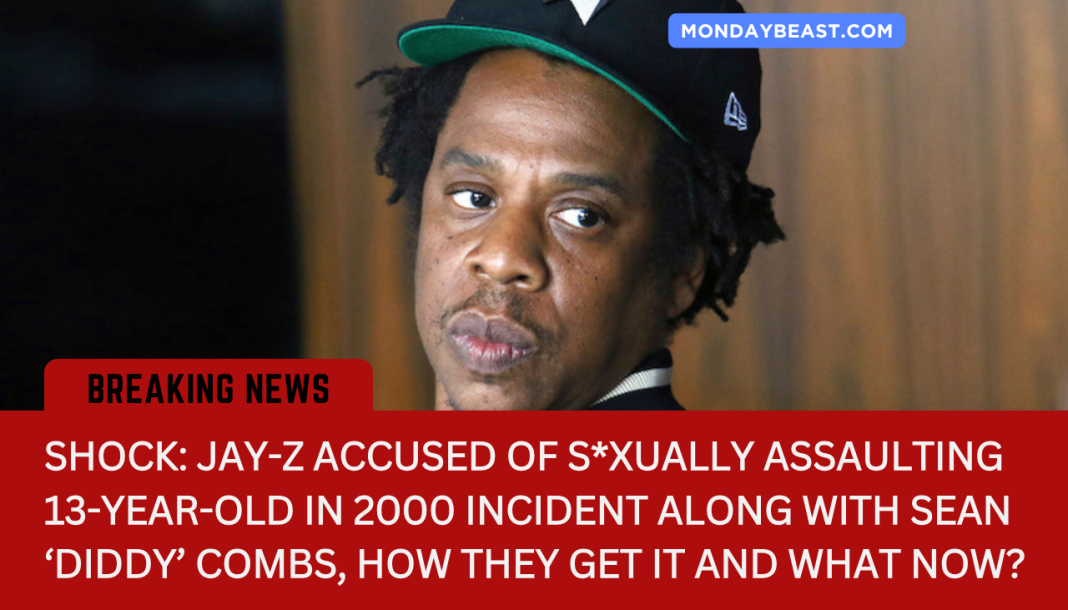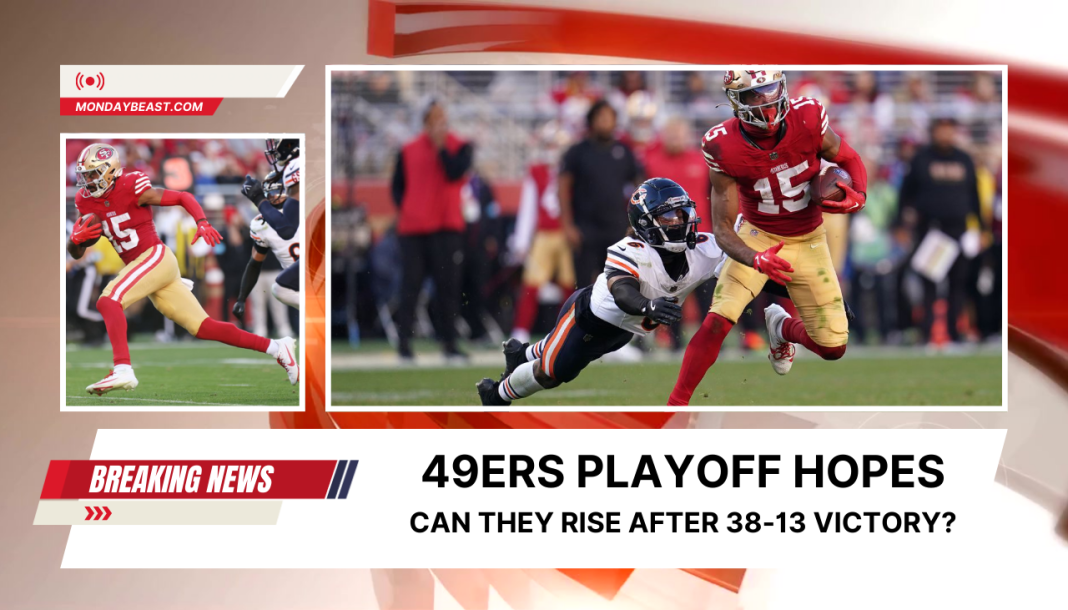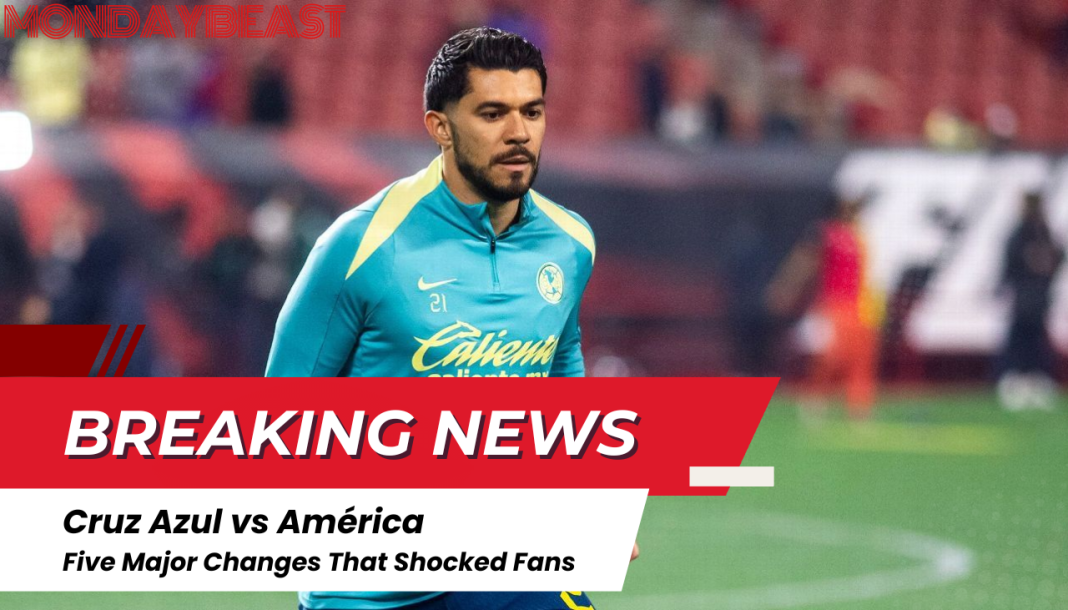Jay-Z faces serious allegations. A woman claims he sexually assaulted her at a party in 2000, when she was just 13. This assertion comes alongside accusations against Sean ‘Diddy’ Combs, who has pleaded not guilty to other charges. The legal calls for accountability have never been louder.
This lawsuit, now amended, shines a spotlight on celebrity culture. It invites ongoing discussions about power dynamics and abuse in Hollywood. How do we reconcile our admiration for artists with the realities of their actions? And how do we, as a society, ensure that victims are heard?
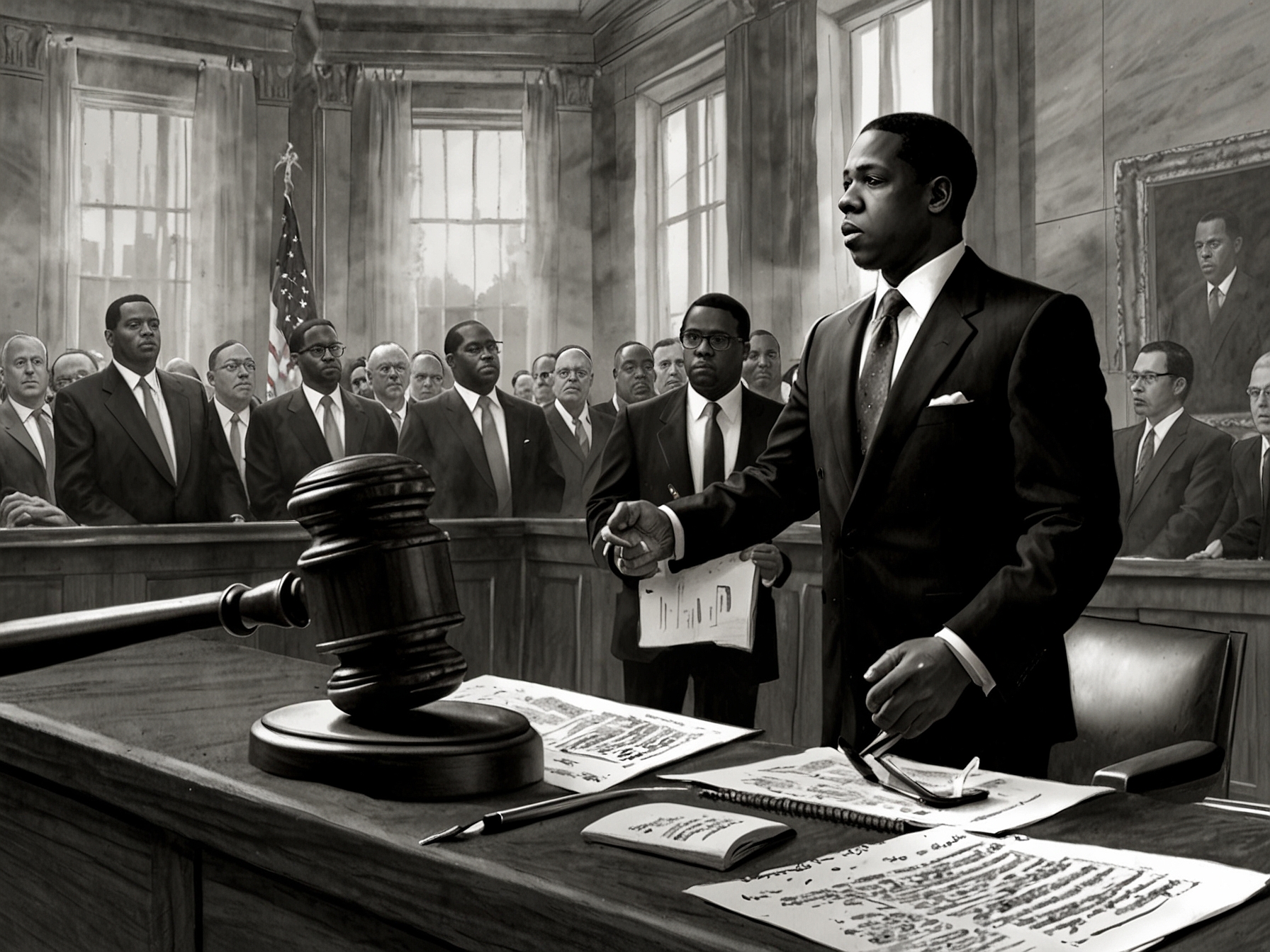
The woman, identified as Jane Doe, has sparked intense debate. Her claims add weight to an already serious situation for Combs and now, for Carter. Both are complex figures whose careers are intertwined with fame and public perception. They have fans, but what about their actions?
In a recent statement, Carter vehemently denied the allegations. He labeled them ‘heinous’ and even called for criminal charges. His outrage raises questions. When is the line crossed between public opinion and the court of law? Should allegations against celebrities be treated any differently?
Carter’s assertion that these accusations are an attempt to blackmail him brings in another layer. Victims often fear retaliation or being labeled as ‘liars.’ For many, the idea of pursuing justice can feel like an uphill battle against a seemingly impenetrable wall of celebrity influence. So why do some fight to speak out despite the risks?
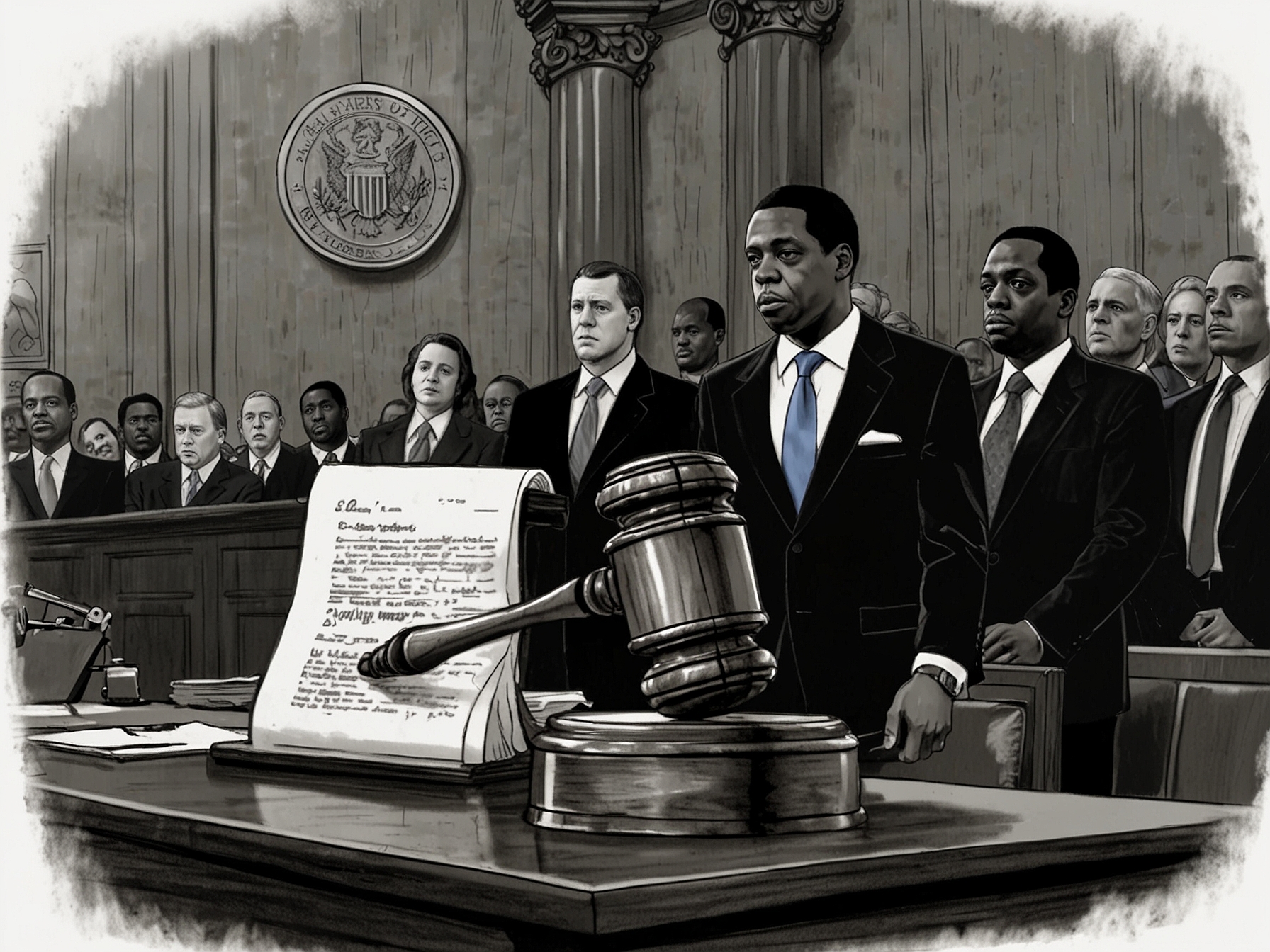
Supporters of change are in a unique position. When public figures face accusations, it shocks many but can inspire action. The continual rise of the #MeToo movement highlights that survivors deserve a platform. Courageously speaking up is the first step in holding powerful figures accountable.
A piece of Carter’s statement stands out. He mentions his family and the pain of public scrutiny. It’s a stark reminder that the impact of these allegations reaches far beyond the courtroom. How can individuals shield their loved ones from cruelty in the age of social media?
As much as trials and testimonies matter, the emotional toll on everyone involved is significant. Families of both the accused and the accuser face unique challenges. The complicated web of personal relationships complicates the narrative, leaving us to wonder: how do we balance empathy for both parties?
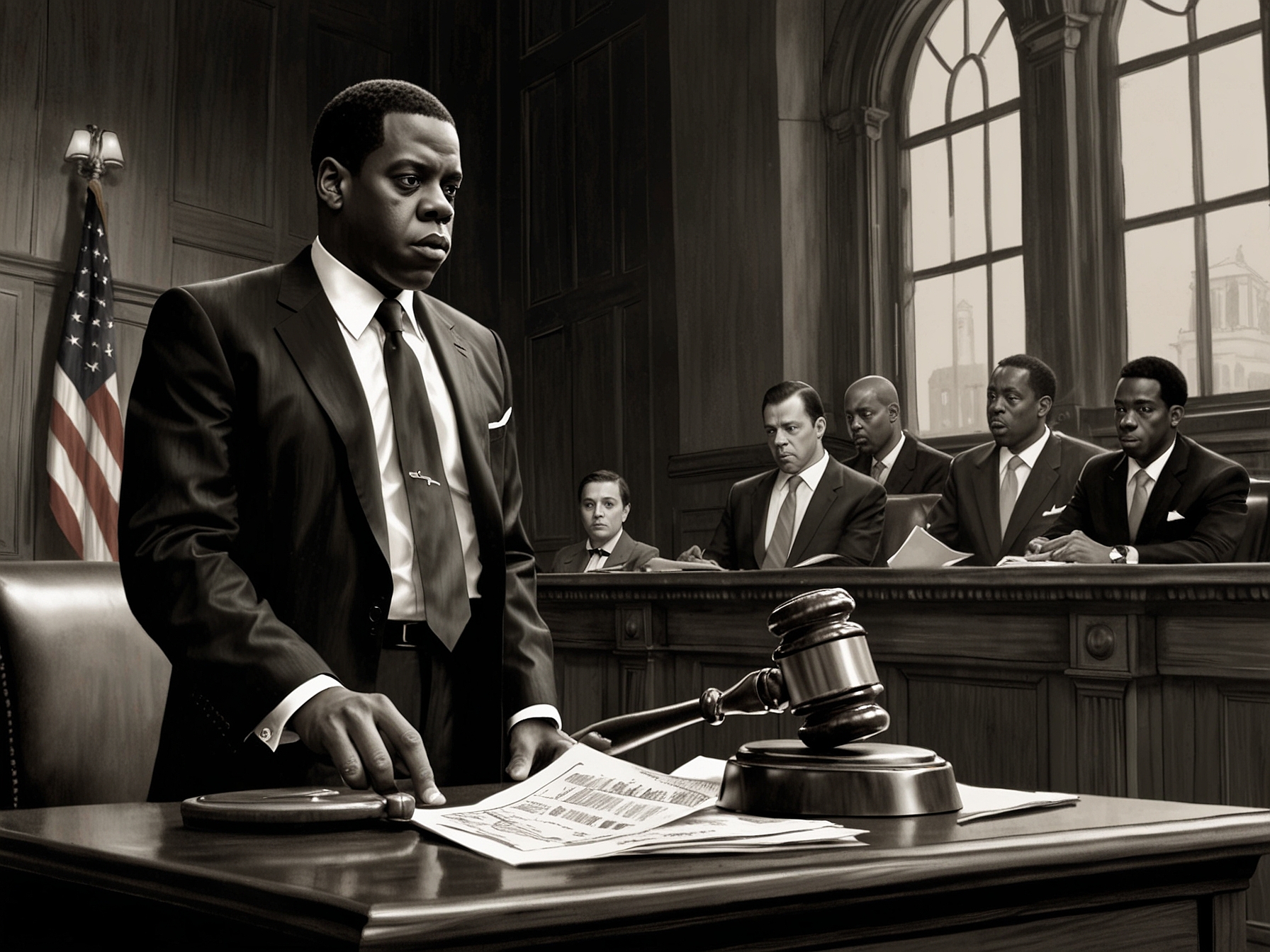
A legal battle looms ahead. The outcome has the potential to resonate broadly across both public and private spheres. Will we see a shift in how society approaches these discussions? Or will this become just another high-profile case that fades from public attention? The answers, hard as they may be, matter.
In summary, this evolving situation signals a call to action. Both the legal implications and the broader conversation about celebrity accountability deserve our attention. The stakes are high for both sides. The world watches closely as this case develops.
Let’s remember: surviving trauma is a journey. Each story told pushes us towards a society where the truth cannot be ignored. We all have a role to play in preventing silence.
The question remains: how do we ensure justice for victims? Ultimately, doing what’s right might pave a better path. Social discourse can lead to societal change—every voice counts.

